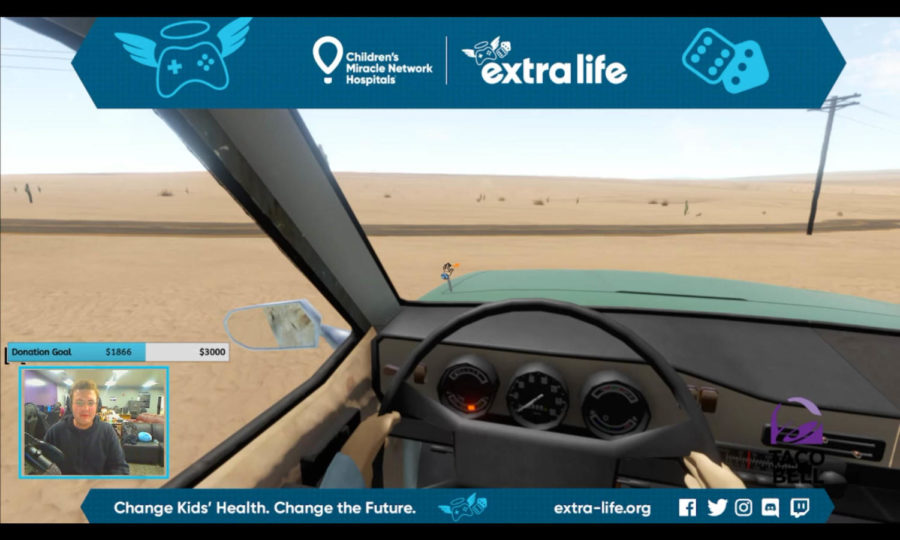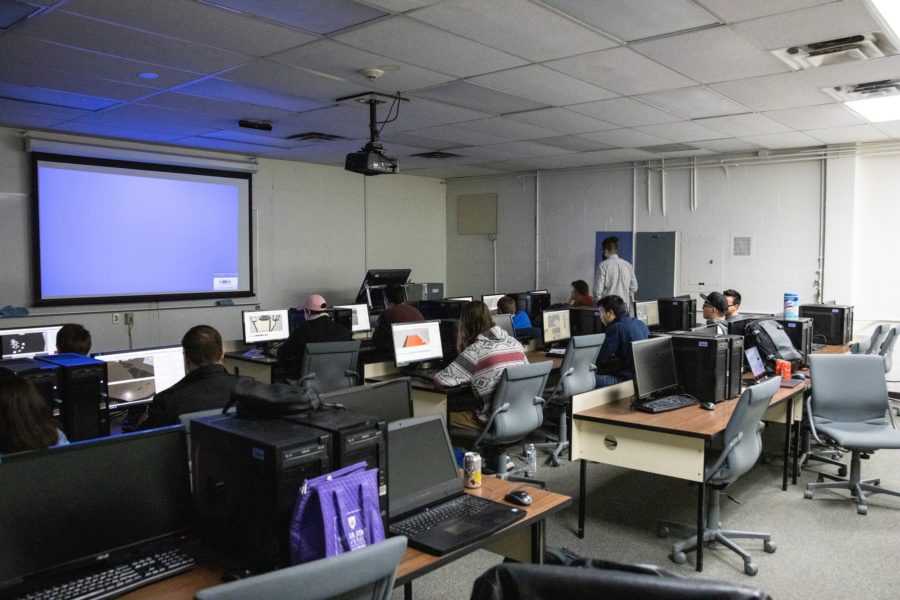The gaming console market has long been dominated by the powerful three: Sony, Microsoft and Nintendo. While many would argue that Nintendo sits well above the ever-squabbling other two, all three of these companies have managed to keep a tight hold on their market for years.
But it looks as if a new challenger has appeared.
Over the past week, Valve has sent the video game community buzzing. The development company announced its plans for a new Steam-based console (or series of consoles), a Linux-based operating system and a haptic overhaul to the typical game controller (which I personally think looks kind of adorable).
If you’re like me and still catching up on this news (it’s a little past the video game console announcement season and full into TV series season, so who can blame us?), the basic summary is that Valve is looking to shift its focus on bridging the PC gaming world with that of the living room console. In other words, gamers might just be getting a fourth big-company console option for their TVs.
And you know what? That’s great.
The Steam Machines, as the new system(s) is called, will be hackable and customizable in every way that a PS4, Xbox One and Wii U won’t be. Why? Because Valve wants you to hack it. Same with the OS, which has been cleverly labeled SteamOS (still a much better name than Xbox One). Valve has even promised to give us the full source code.
The company has also promised a range of Steam Machines that will vary in hardware and thus price. And that new game controller design (called the Steam Controller . . . I think you see where this is going)? That’s the result of extensively trying to figure out how to get a PC gamer’s mouse-based sensitivity and control in a handheld format. Because Valve developers don’t want to just drop PC gamers. They want to find a happy medium (which is more than we can say for other people, like, say, the government).
While the full details are still to come, the more I think about this, the more promising it seems. Sure, not too long ago, another big-name development company tried to “revolutionize” the gaming console industry, and we all saw how well that went. But I like to think that Microsoft didn’t spend nearly as much time as Valve will on communicating with its community, gathering feedback and working to get its console/OS/controller at a nice balance between what it thinks will work and what the gamers know will work.
I know (and so does everyone else who writes columns about geek things) that Valve’s biggest challenge at the moment is going to be marketing. Who’s going to be buying these new systems? The PC gamers likely already have machines that often total up into the thousands, and the console gamers are focused on the big three’s new generations.
Well, I can’t say I’m too worried about that. Valve has a clever crew. They have a well-established fanbase. And they have the rare kind of attitude that I think might be their saving grace: It’s not so much that they own their stuff — their users do. It’s open. It’s cooperative.
It’s the future.
I have a good deal of gamer respect for what Valve does. I’m a fan of their open-source approach to gaming, their community and their company (oh, and I guess their video games, but that should be a given). The other gaming consoles might claim they’re built and designed for you. But with Valve, you know it.




















